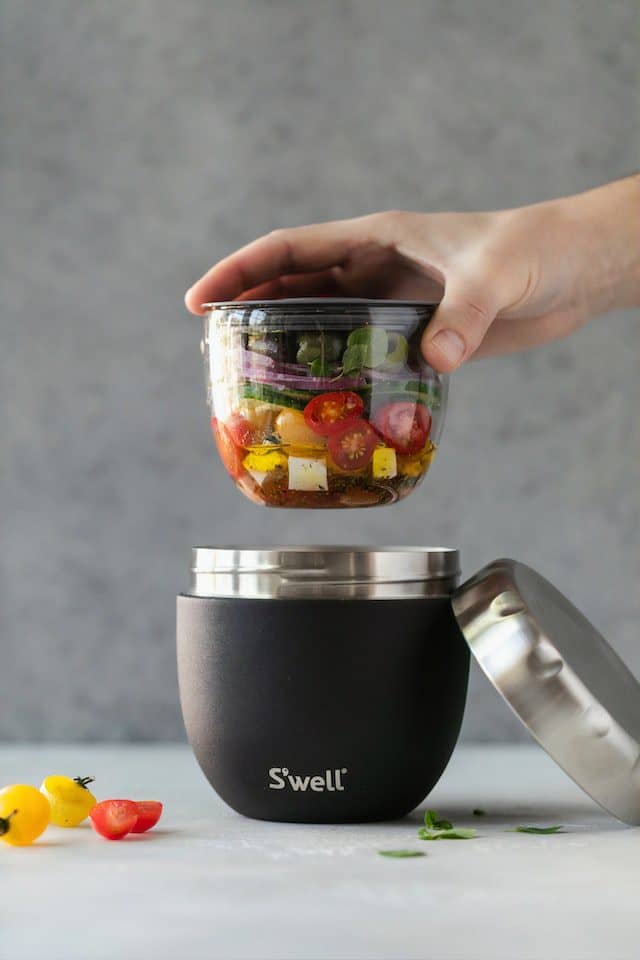5 FOODS FOR LIVER HEALTH : The liver performs more than 500 essential bodily activities, as was covered in a previous article. Among these are the removal of pollutants, the creation of necessary molecules, and, finally, the storage of vitamins and energy (in sugar form).
Liver illnesses are on the rise, according to statistics.
By altering some of our lifestyle behaviours, such as food, the tendency can be reversed. The health of the liver is impacted by the consumption of alcohol, refined carbohydrates, and saturated fats.
Overall, the Mediterranean diet should be preferred since it contains significant amounts of fibre, antioxidants, anti-inflammatory minerals, and healthy fats, all of which are equally helpful. Here are the “Top 5” foods to eat, more specifically, for the best liver health.

whole grain pasta, Multigrain bread, brown rice, hulled barley, quinoa, oatmeal, etc.
One thing all of these foods have in common is that they are high in fibre. Fiber-rich foods can reduce the amount of sugar that is stored in the liver, preventing it from becoming overworked and developing the well-known liver disease. Additionally, they aid in controlling blood sugar and cholesterol, rid the liver of toxins, and give us a feeling of fullness so we can better manage how much food is absorbed.
The majority of the bacteria that live in the digestive system, or gut microbiota, feed on fibres. Both of these significantly impact physical and mental health.
At least 30g of fibre should be consumed each day in order to reap the nutritional benefits. However, the research suggests that this minimum daily requirement may soon rise to 45g. For instance, it is therefore preferable to start working toward this objective right away, for instance by switching your white bread for whole grain bread or by replacing your white rice with quinoa.
Overeating sugar or calories, which may be the cause of excess weight in the abdomen, leads to the buildup of fat in the liver. As a result, checking the ingredient list of every product taken becomes essential for maintaining liver health. The phrases “sugar,” “glucose,” “glucose-fructose,” “syrup of…”, and sugar alcohols such as sorbitol, maltitol, xylitol, etc., should be detected in order to guarantee that foods with added sugars are minimised.
It is preferable to find a replacement if one of these words from the first few items appears on the ingredient list.
What could be more comforting than realising that your morning coffee has more purposes than just assisting in waking up? In fact, drinking coffee in moderation (one to two cups daily) would be good for the liver since it would make it less inflexible. 7
Because of this flexibility, your organ is protected from lesions like fibrosis, independent of your health or outside influences.
Tea in little doses might have the same result.
In conclusion, how we act and what we eat affects how well our organs stay healthy and perform well. In order to maintain our health, setting attainable goals and carefully tracking progress can be helpful. Increase your intake of colourful fruits and vegetables and choose cereal-based foods to start.
Grapefruit, Broccoli, spinach, beets, orange, etc.
Fiber, vitamins, and minerals, but notably antioxidants, are abundant in coloured fruits and vegetables. They consequently reduce inflammation and offer improved defence against illnesses, particularly ones that can harm the liver. At every meal, the new Canadian Food Guide advises consuming half a plate of veggies, especially ones that are colourful.
Because they include far fewer “bad fats,” which are a contributing factor in inflammatory processes that are detrimental to preserving the integrity of liver functions, vegetable proteins are a viable substitute for animal proteins. Studies have shown that being overweight as well as excessive alcohol consumption might lead to hepatic steatosis. 4
Limiting portion size and ensuring better weight management are two benefits of a diet higher in fibre and vegetable proteins.
The antioxidants in grapefruit protect the liver by lowering inflammation and boosting its defence systems. Studies on humans as well as those using grapefruit or grapefruit juice are sparse, nevertheless.



